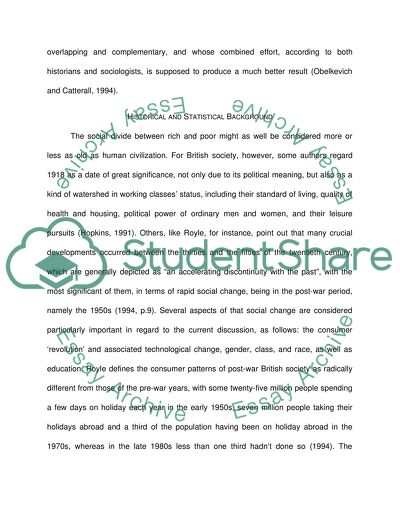Cite this document
(The Pride of Being a Member of British Society Research Paper, n.d.)
The Pride of Being a Member of British Society Research Paper. Retrieved from https://studentshare.org/social-science/1437988-housing-regeneration
The Pride of Being a Member of British Society Research Paper. Retrieved from https://studentshare.org/social-science/1437988-housing-regeneration
(The Pride of Being a Member of British Society Research Paper)
The Pride of Being a Member of British Society Research Paper. https://studentshare.org/social-science/1437988-housing-regeneration.
The Pride of Being a Member of British Society Research Paper. https://studentshare.org/social-science/1437988-housing-regeneration.
“The Pride of Being a Member of British Society Research Paper”, n.d. https://studentshare.org/social-science/1437988-housing-regeneration.


